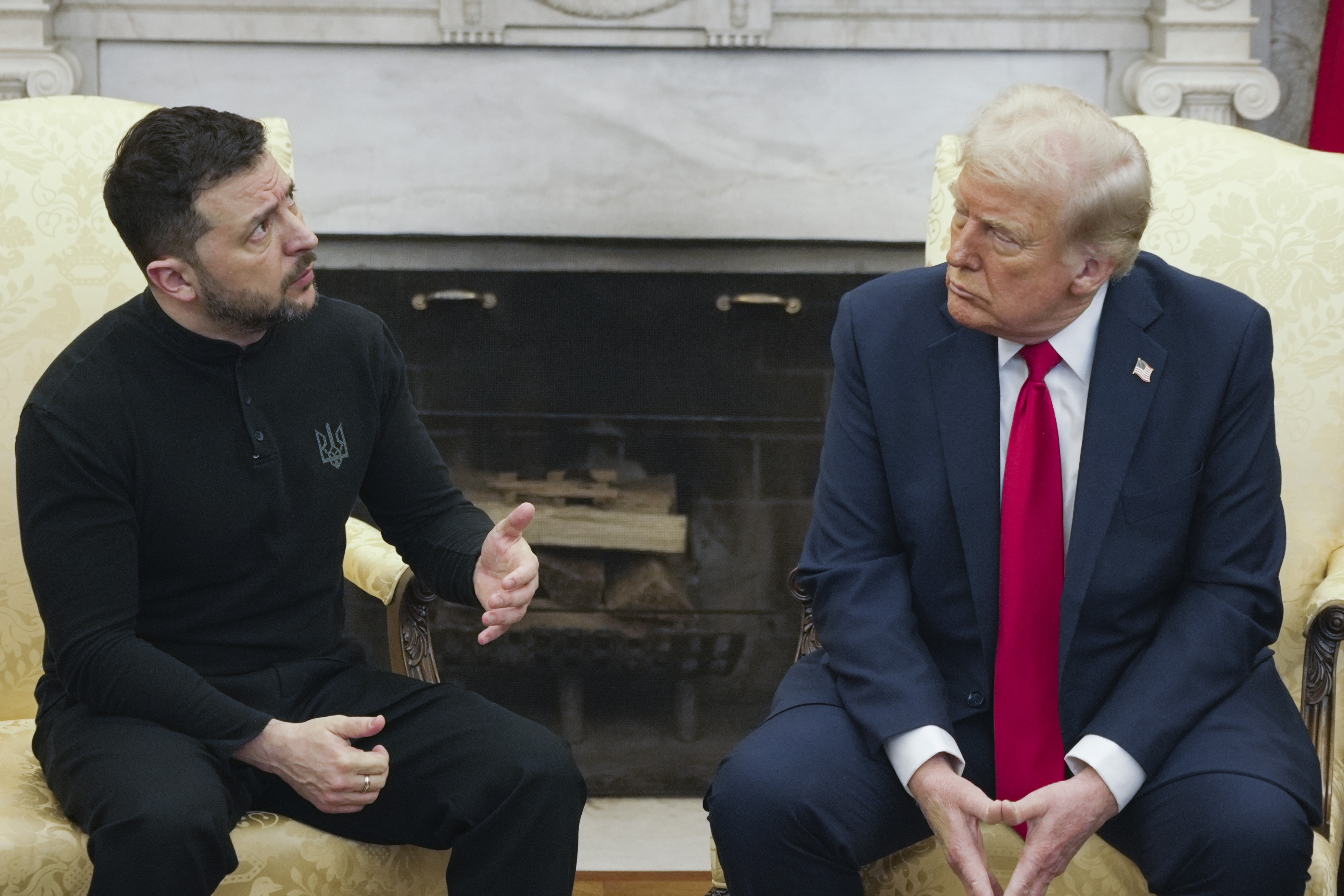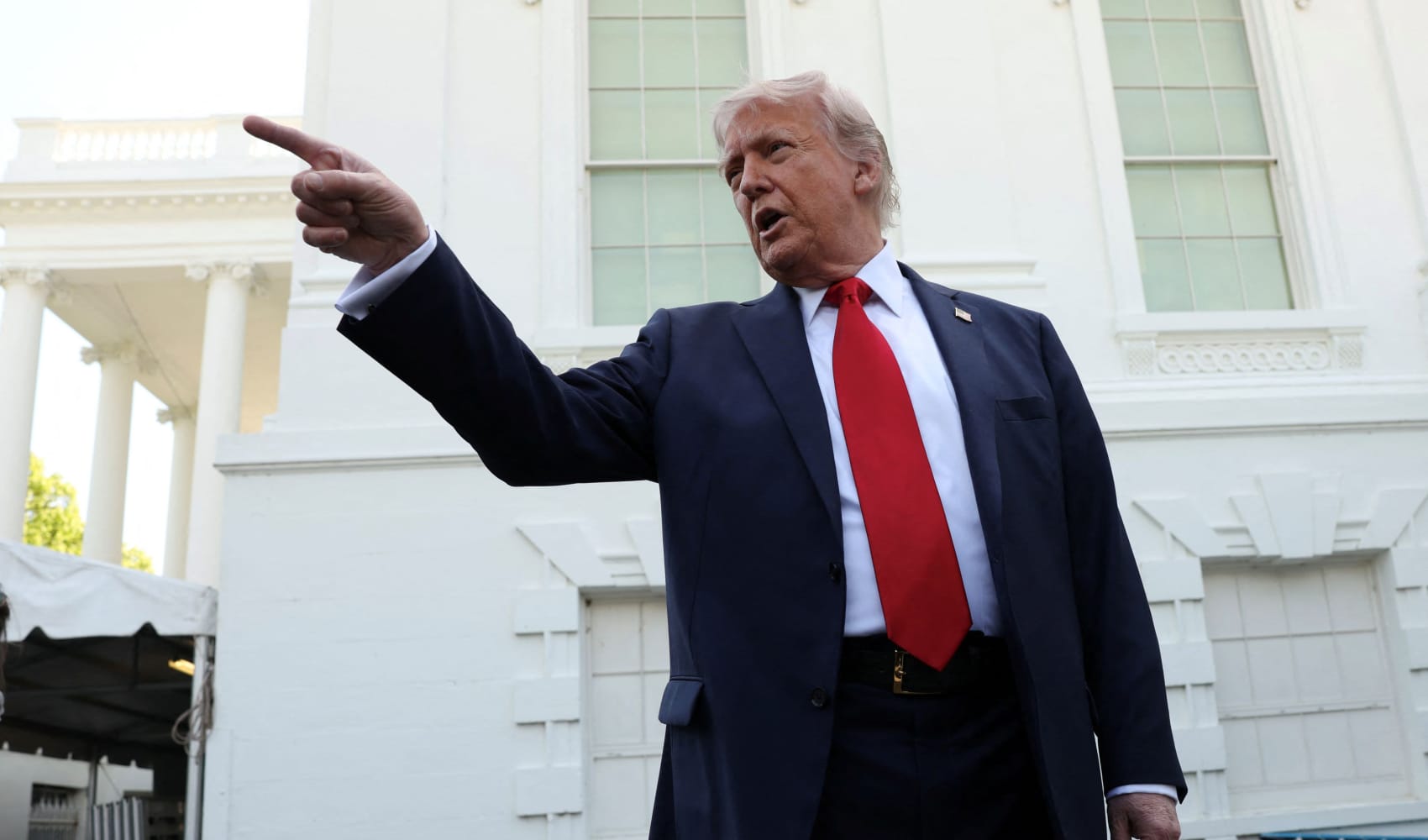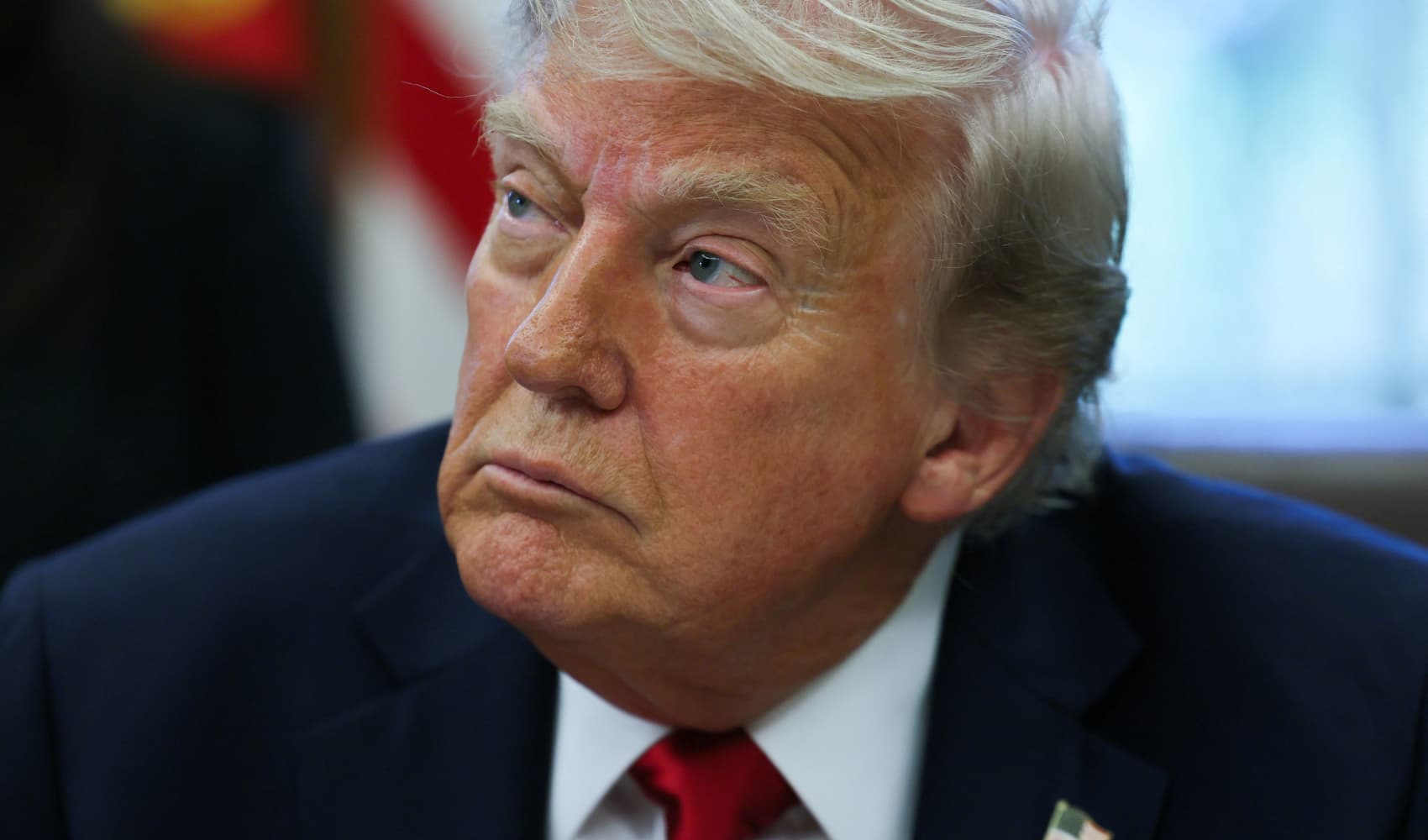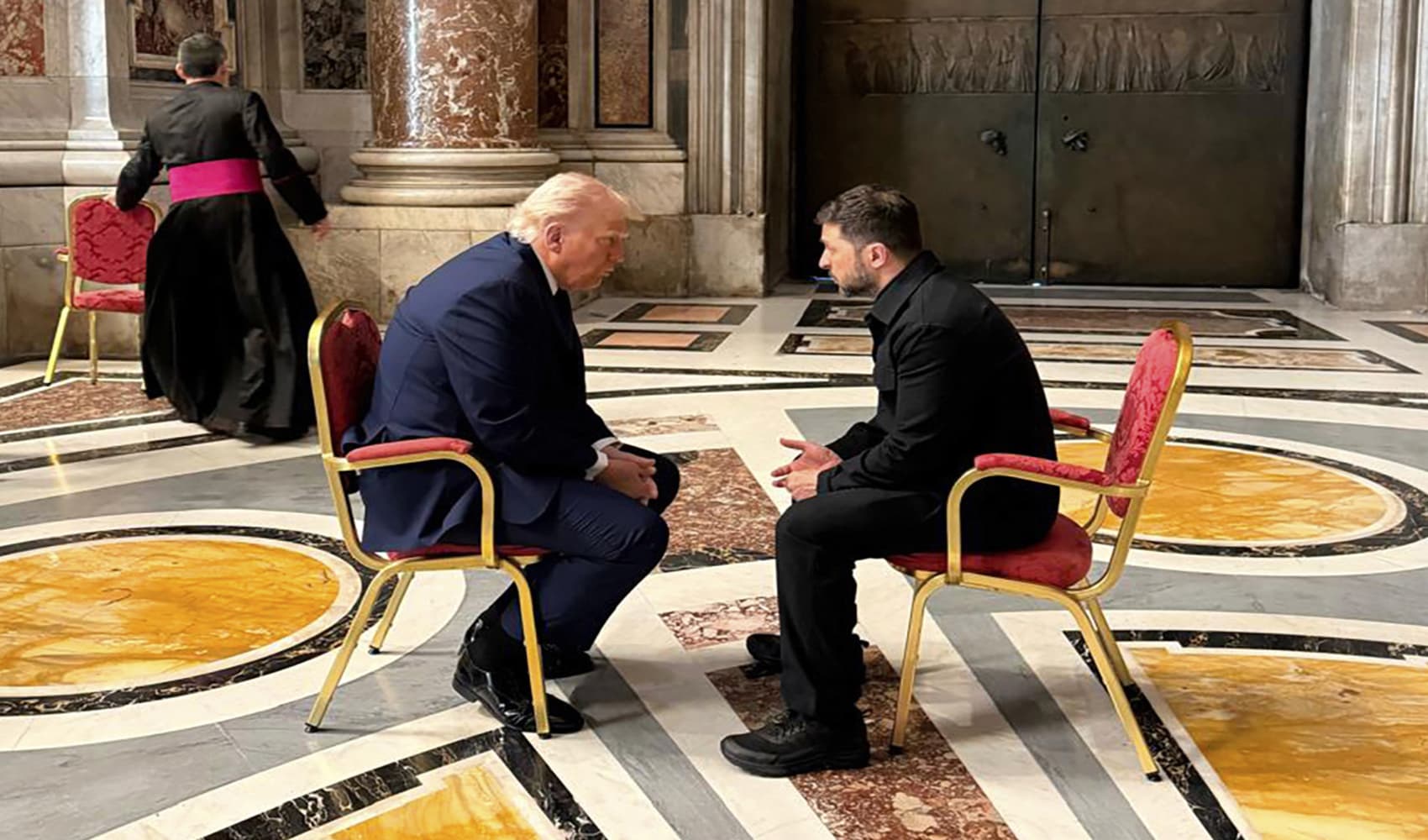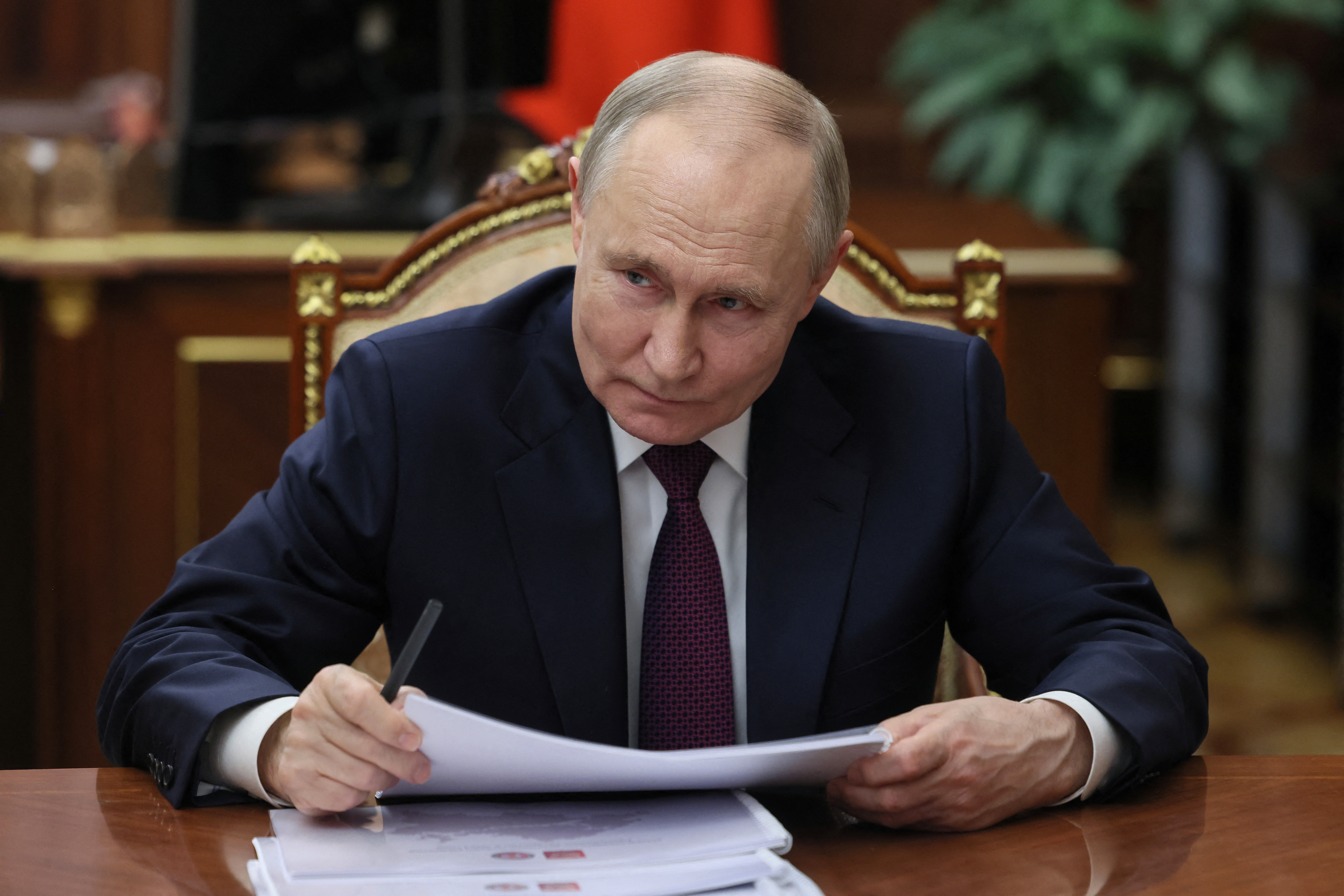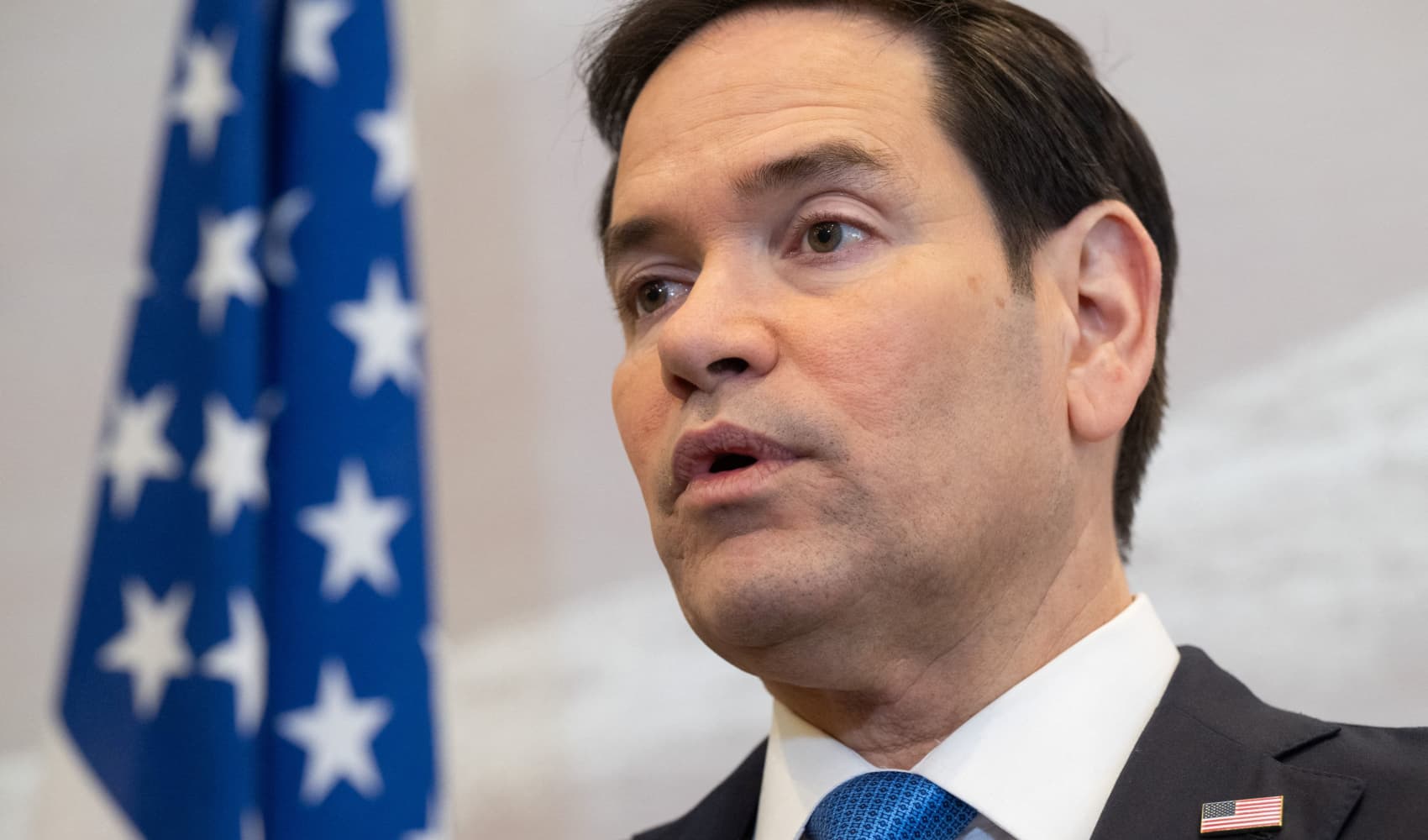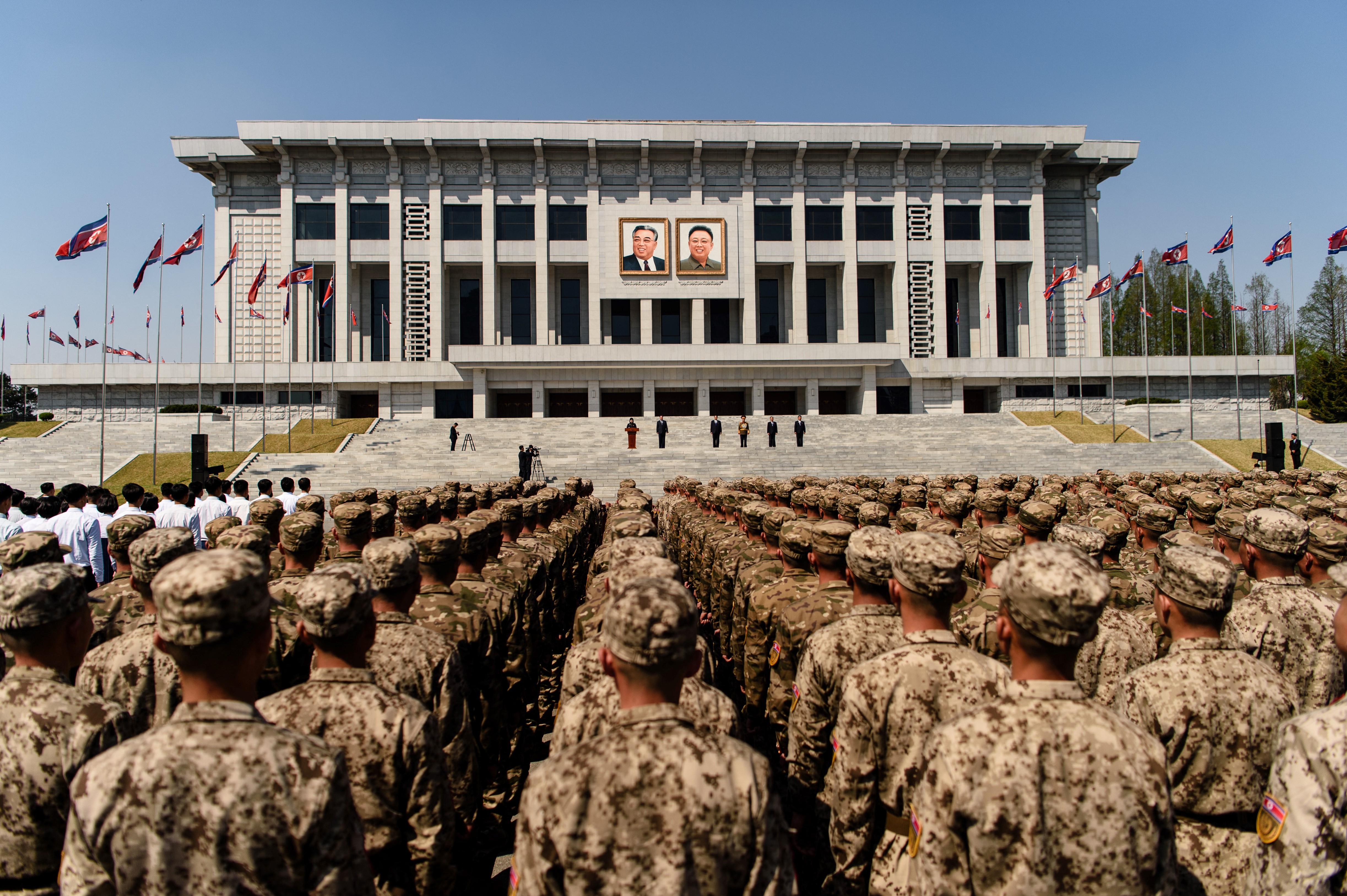Trump Slams Zelenskyy: Was Ukraine Peace Deal Close?
Trump Blasts Zelenskyy: Was Peace Deal "Very Close?"
Introduction: A Storm Brewing Over Ukraine
Hold onto your hats, folks, because the political winds are swirling once again! Former President Donald Trump has ignited a fresh controversy by publicly criticizing Ukrainian President Volodymyr Zelenskyy. Accusing Zelenskyy of sabotaging potential peace negotiations with Russia, Trump claims a deal was "very close" before Zelenskyy's stance on Crimea threw a wrench in the works. Is there truth to Trump's claims? And what impact will these accusations have on the already fragile situation in Ukraine? Let’s dive in and break it all down.
Trump's Truth Social Tirade: A Play-by-Play
Trump didn’t mince words in his Truth Social post. He directly blamed Zelenskyy's refusal to concede on the status of Crimea for hindering peace efforts. Trump explicitly stated that Zelenskyy's "inflammatory statements" are making it "so difficult to settle this War." Was this a calculated move or a spontaneous outburst? Only Trump truly knows, but the repercussions could be significant.
The Crimea Conundrum: A Sticking Point
The core of the issue seems to be Crimea. Russia annexed the peninsula in 2014, a move widely condemned by the international community. Zelenskyy has remained steadfast in his position that Ukraine will never relinquish its claim to Crimea. Can you blame him? It's part of their sovereign territory! But Trump suggests this unwavering stance is preventing a potential resolution to the conflict.
Zelenskyy's Response: A Constitutional Imperative
Zelenskyy hasn't backed down. He firmly stated that negotiations on Crimea are "against our constitution," suggesting that yielding on this issue would be a betrayal of his oath and the Ukrainian people. Is he being stubborn, or is he simply defending his country’s integrity? It’s a high-stakes gamble, either way.
A History of Discord: Trump and Zelenskyy's Rocky Relationship
This isn't the first time these two leaders have clashed. Remember that heated exchange in the Oval Office? Apparently, things got pretty intense. This pre-existing tension adds another layer of complexity to the current situation. Can these two ever find common ground, or are they destined to remain at odds?
The Oval Office Showdown: A Glimpse Behind the Scenes
Reports suggest that the Oval Office exchange involved accusations about broken agreements. What exactly was said remains a mystery, but it paints a picture of a strained relationship built on distrust. How can you negotiate with someone you don't trust? It’s like trying to build a house on quicksand.
The Potential Peace Deal: What We Know (and Don't Know)
Trump claims a peace deal was "very close." But what did this potential deal look like? What concessions, if any, were being considered? And how close were the parties, really? These are the million-dollar questions that remain unanswered. Without more specifics, it's difficult to assess the validity of Trump's claims.
Sources and Credibility: Where Did Trump Get His Information?
It's crucial to consider the source of Trump's information. Is he relying on intelligence briefings, back-channel communications, or simply his gut feeling? The credibility of his sources is essential in evaluating the accuracy of his claims. After all, information is only as good as its source.
The International Reaction: A Divided World
Trump's comments have likely stirred up a hornet's nest in the international community. Some may agree with his assessment, while others will vehemently disagree. The world remains deeply divided on the best way to resolve the conflict in Ukraine. Is there a path to consensus, or are we destined to remain fractured?
NATO's Perspective: Solidarity and Support
NATO has consistently expressed its support for Ukraine's sovereignty and territorial integrity. Trump's statements may be seen as undermining this unified front, potentially weakening the alliance's position. How will NATO leaders respond to Trump's criticisms? It remains to be seen.
The Impact on US-Ukraine Relations: A Delicate Balance
Trump's remarks could further strain the already delicate relationship between the US and Ukraine. While the current administration has pledged unwavering support for Zelenskyy, Trump's influence within the Republican party cannot be ignored. Could this lead to a shift in US policy towards Ukraine in the future? It's a possibility that can't be dismissed.
Political Implications: A Divided America
Domestically, Trump's comments will likely be interpreted through a partisan lens. His supporters may see him as a peacemaker, while his critics will accuse him of siding with Russia. This division further polarizes the American political landscape. Can we ever find common ground on foreign policy, or are we destined to remain divided?
Alternative Perspectives: Beyond Trump's Narrative
It's crucial to consider alternative perspectives. What do other political analysts, historians, and international relations experts say about the potential for peace negotiations in Ukraine? Hearing a variety of viewpoints can provide a more nuanced understanding of the situation. Don't just listen to one voice; seek out diverse perspectives.
Russia's Stance: A Key Piece of the Puzzle
We also need to examine Russia's perspective. What are their demands? What concessions are they willing to make? And how committed are they to a peaceful resolution? Understanding Russia's position is essential in evaluating the feasibility of any potential peace deal. It takes two to tango, after all.
The Future of Ukraine: A Nation's Resilience
Ultimately, the future of Ukraine rests in the hands of its people. Their resilience, determination, and unwavering commitment to their country will determine the outcome of this conflict. No matter what happens, their spirit will endure. Are they up to the challenge? All signs point to a resounding yes.
Conclusion: Unpacking the Complexity
Trump's recent comments have added another layer of complexity to the already intricate situation in Ukraine. Accusing Zelenskyy of derailing potential peace negotiations, Trump claims a deal was "very close" before being thwarted by Zelenskyy's stance on Crimea. This raises questions about the actual feasibility of the deal, the validity of Trump's claims, and the future of US-Ukraine relations. While it remains to be seen what the long-term impact will be, these statements serve as a reminder of the ongoing challenges and uncertainties surrounding the conflict in Ukraine. It's a situation that demands careful consideration, critical thinking, and a commitment to seeking truth amidst the noise.
Frequently Asked Questions
- Why is Crimea so important in the Ukraine-Russia conflict?
Crimea holds strategic importance due to its location on the Black Sea and its historical ties to both Russia and Ukraine. Russia's annexation of Crimea in 2014 was a violation of international law and a major point of contention in the conflict.
- What concessions were being discussed in the potential peace deal Trump mentioned?
The specific details of the potential peace deal remain unclear. Trump did not provide any specific information regarding potential concessions from either side. This makes it difficult to assess the feasibility and fairness of the deal.
- How has NATO reacted to Trump's criticisms of Zelenskyy?
While NATO has not issued a formal statement directly addressing Trump's comments, the organization has consistently reiterated its support for Ukraine's sovereignty and territorial integrity. Trump's statements could be seen as undermining this unified front.
- What is the current US policy towards Ukraine under the Biden administration?
The Biden administration has pledged unwavering support for Ukraine, providing military and financial assistance to help the country defend itself against Russian aggression. This policy is in stark contrast to Trump's more ambivalent stance towards Ukraine.
- What is the likelihood of a peaceful resolution to the Ukraine-Russia conflict?
The likelihood of a peaceful resolution remains uncertain. The conflict is deeply entrenched, and both sides have significant demands and concerns. However, diplomatic efforts are ongoing, and a negotiated settlement remains the ultimate goal.
